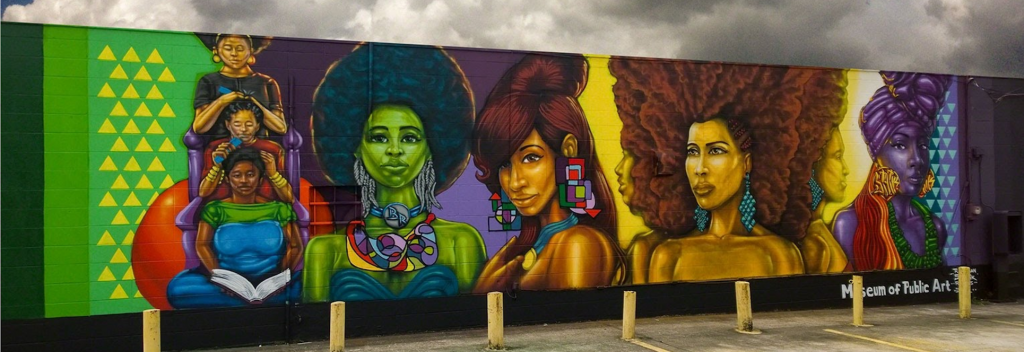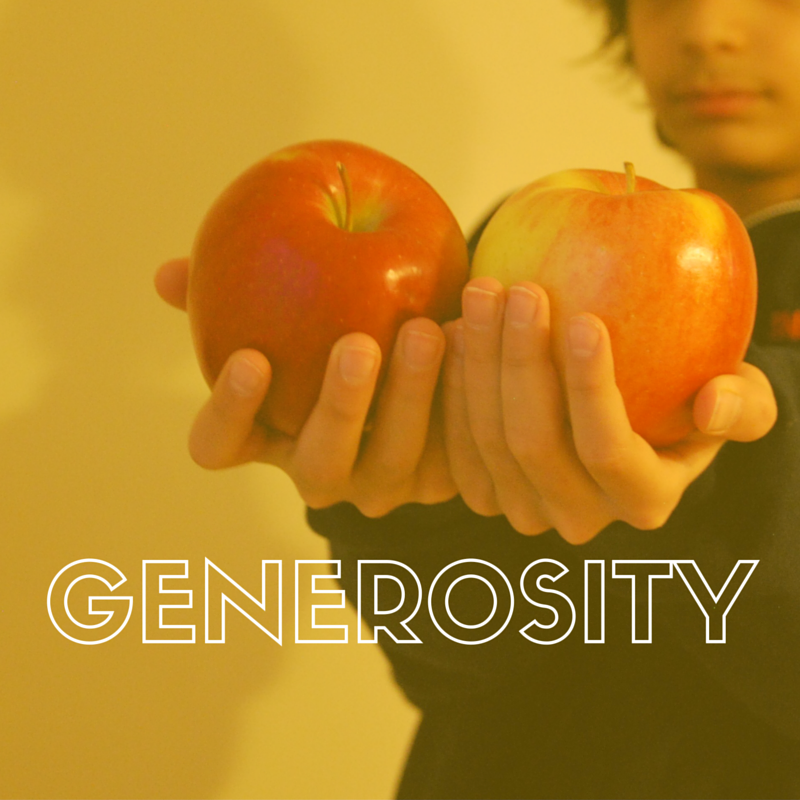Sharing with strangers is a noble concept, but it’s not a new one. Many religious and ethnic places such as Buddhist and Sikh temples do so, however, on a more personal scale, what about sharing with friends?

credit: Museum of Public Art
Sharing with friends, while not a totally new or different concept, can help you in many ways that sharing with strangers do not. While sharing is great in both forms, sharing with friends tends to be more intimate, and also helps to strengthen the bonds of friendship. Let’s take a look at the hows, and whys shall we?
1. Sharing creates common goals
When you share things, you not only share physical items. In the process of sharing, you understand that sharing is not just the lending of an item based off trust to your friend. It is also a philosophy, and a way of life that you are participating in.
Both of you understand that sharing is about trust, and about conservation of the limited resources that we have, as well as the practical side of cost sharing and saving on items you and your friend have and share.
2. Sharing creates trust among friends
Friendship is a strange creature, yet it is a vital one in our society. Most forms of lifelong bonds are formed on the basis of friendship. Husbands, wives, and lovers all start out as friends. Even parents are encouraged to be a friend to their children.
Why? Simply because there is a certain form of trust among friends – one that says “I will not harm you, we are in this for mutual goodwill”. Simply put, that is at its essence, that the other person means well, and is, and can be a likeable person in your social circle.
Sharing of course, needs to take place when there is trust. When you share, mutual trust increases, as sharing itself is a a self-propagating mechanism for trust, which acts as a social lubricant in your friendship.
3. Sharing helps you learn more about your friend
Simply put, why does your friend have a wood planer tool? You’ll find out that maybe she was into woodworking while working on her masters, or maybe that her beautiful chestnut and oak table was handcrafted by her?
Perhaps she was part of a recreated Viking expedition, and the wood planer was used in the construction of a longship? Or maybe her father or uncle was a woodworker, and she inherited the tool from them? Perhaps an old ex left it behind?
You never know, since objects each have their own history, and people share them to make the next part in their story.
Now, it can be your turn to add on to its rich and storied history, and to tell it to the next person you share it to.
After all, some antiques gain their value from their historicity, which basically means, where they’ve been and what they’ve been used for.
4. Sharing helps you to learn skills and knowledge from your friend
So maybe your friend has a wood planer, and she did go on the recreated Viking expedition across the Atlantic, and after that she chose to settle down next to you, and she brought it along as a memento.
Then, she started learning how to use it to make furniture, and that’s how you eventually met her, while she was planing her table in the yard. Now, wouldn’t it make for a good experience if she taught you how to safely use the wood planer?
Put in a few hours with that wood planer in her yard, as well as a few other tools, and reciprocate with perhaps a session of jam making and tea in the future, and the both of you can learn how to have jam, on nicely crafted tables together!
A few hours of hard work and fun learning a new skill with your friend is a great way to bond as well as find out more about someone, yes?
5. Sharing lowers costs and opens the way for more shared activities together
Of course, not having to buy brand new equipment and hire a trainer definitely improves the cost of activities. After you and your friends have had a great time hanging out learning from each other’s experiences as well as skills you can embark on shared projects together!
After all, people used to live in smaller communities, and now our communities are made up of our own social circles. Our own social circles are no longer constrained by boundaries such as location or geography, with the advent of the internet and other forms of advanced communications.
The key idea here however, is to get together with a bunch of friends who have varied skills and interests, and embark on a project where they can share not only their tools, but also their skills and experiences, teaching each other and coming to a common understanding and shared goal. That’s how you bond friends with sharing!
We hope you’ve found this article useful, now go out and share with your friends! There’s an app for that: Lendogram 😉
